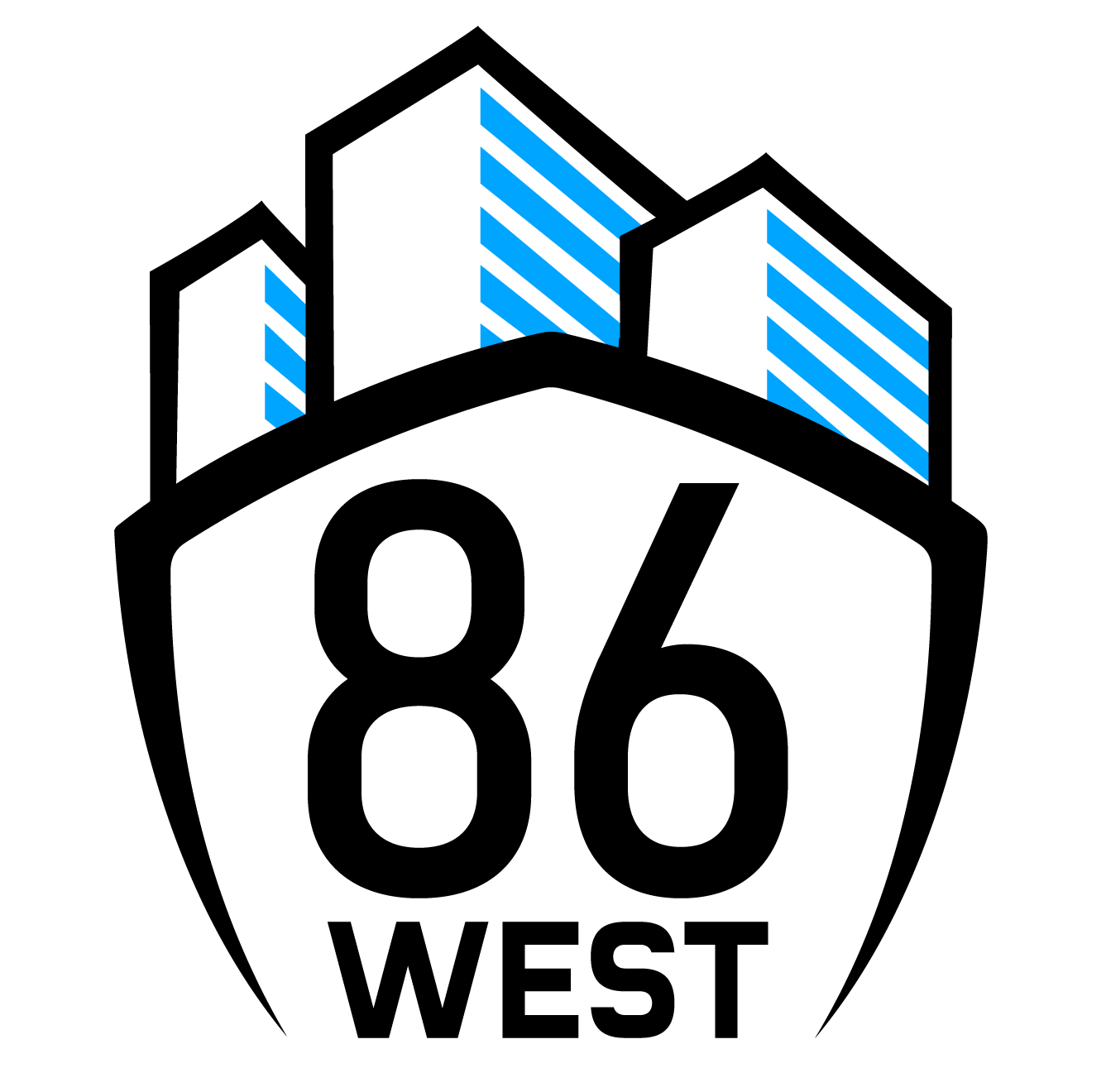5 Must-Know Property Manager Maintenance Tips
An effective property management maintenance strategy starts with knowing exactly how you’ll make repairs and which you’ll prioritize. Keep these five tips in mind as you build out your maintenance management plan.
#1: Understand Essential Property Management Maintenance Services
There’s likely dozens of ways a property can be improved, but always prioritize those that may cause a health or safety hazard. That can include anything from fixing loose railings to ensuring all alarms on your property are functioning. You should also always have a plan in place in the event of natural disaster and the appropriate insurance if your property is at risk.
Beyond these immediate risks, you should prioritize any outstanding maintenance requests tenants have made. These issues hit (literally) close to home for your renters. Handling them quickly keeps renters happy and further strengthens your reputation. Simple issues can also snowball into more costly repairs quickly if left unfixed.
Keep in mind that, under the Fair Housing Act, failure to perform or delaying maintenance can be seen as a form of discrimination or retaliation against a tenant. Having an efficient method of completing maintenance requests can help you avoid costly disputes or even legal action down the line.
#2: Make Submitting a Maintenance Request Effortless With Maintenance Software
To alleviate the stress or unexpected repairs for both your team and your tenants, make submitting work orders as simple as possible.
Establish a go-to channel that tenants know they can use to contact you. Many property management companies use email, text, or a web form, but all of those options can get messy quickly.
A resident portal via property management maintenance software can be used to make requests easily, organize them, and track their progress. This is the same interface that tenants can use to pay rent, receive important updates, and field any other type of communication, so there aren’t any additional sites to navigate or hoops to jump through.
It’s also a way for your team to keep tabs on the progress of work orders and access all the relevant details on that particular tenant or unit in a central hub.
#3: Account for Seasonality
Changing weather creates new sets of tasks and challenges for property managers, so be sure to account for the ways you’ll need to adapt your property for each new season.
#4: Stay Engaged With Your Vendors
Strong relationships with vendors translates to high-quality, more cost-effective services for your business. There are a few ways you can build those valuable connections.
First, take a look at your existing contracts and past services from vendors. Do an audit of the most successful working relationships and consider expanding those partnerships as the need arises. Having a way for tenants to share their feedback on work orders can help determine which vendors to expand your contracts with, as well.
Knowing which recurring maintenance tasks you’ll need to complete can also help you line up contracts ahead of time. This can be particularly helpful when seasonal demand for services, such as snow clearing, jumps.
If you have a larger property management company, consider hiring certain specialists (be anything from groundskeepers to plumbers) as employees. You’ll have greater flexibility and control when it comes to regular maintenance or emergency repairs.
#5: Find the Right Tools for the Job
No, we’re not talking about switching between Phillips and flathead screwdrivers. The right tools for property management maintenance are all about technology that helps you get the job done faster and with fewer surprises.
There are all types of tools out there to help you track work orders, process vendor invoices, and communicate with your residents. But, remember, the goal is to reduce your work, not make more of it. That’s why we recommend a comprehensive property management software solution to manage all your repairs, from initial tenant requests to payment (and even 1099 filing) all in one place.

